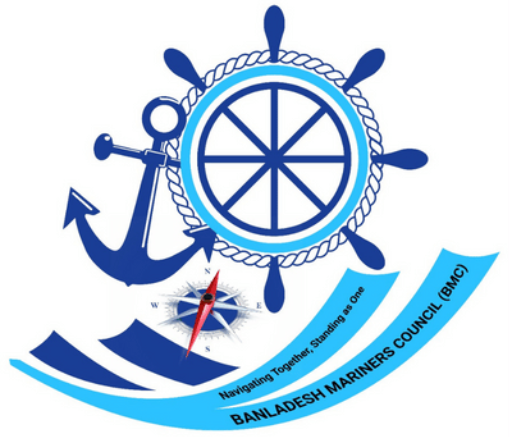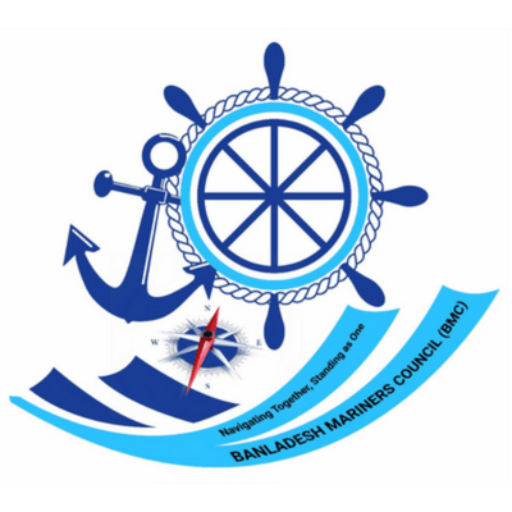Coastal ecosystems are vital to the health of our planet, providing critical habitats for marine life, protecting shorelines from erosion, and supporting local economies through tourism and fishing. As human activities and climate change put increasing pressure on these valuable environments, the role of mariners in coastal conservation has become more crucial than ever. In this article, we explore how mariners are spearheading conservation efforts, the impact of their work, and how others in the maritime community can contribute to preserving our coastlines.
The Importance of Coastal Conservation
Why Coastal Ecosystems Matter
Coastal areas are home to diverse ecosystems, including mangroves, coral reefs, and salt marshes. These ecosystems provide numerous ecological services:
- Biodiversity Hotspots: Coastal regions support a wide range of species, many of which are found nowhere else.
- Natural Barriers: Mangroves and coral reefs act as natural barriers against storm surges and coastal erosion, reducing the impact of extreme weather events.
- Economic Resources: Coastal areas are crucial for fisheries and tourism, supporting millions of livelihoods globally.
Despite their importance, coastal ecosystems face numerous threats, including pollution, overfishing, habitat destruction, and climate change. Addressing these challenges requires a concerted effort from all stakeholders, including mariners who play a pivotal role in conservation.
Mariners at the Forefront of Conservation Efforts
Active Participation in Coastal Conservation
Mariners, with their extensive knowledge of the seas and their direct interaction with coastal environments, are uniquely positioned to contribute to conservation efforts. Here are some key ways in which mariners are making a difference:
- Marine Protected Areas (MPAs)
Mariners are actively involved in the establishment and management of Marine Protected Areas (MPAs). These areas are designated to conserve marine biodiversity and ecosystems by restricting certain activities.
- Roles and Responsibilities: Mariners often participate in monitoring and patrolling MPAs to ensure compliance with regulations. Their firsthand observations help in assessing the health of these protected areas and identifying potential issues.
- Pollution Prevention and Cleanup
Pollution is one of the most significant threats to coastal environments. Mariners are instrumental in efforts to prevent and mitigate pollution:
- Waste Management: Mariners follow stringent waste management protocols on their vessels to prevent pollution from oil spills, plastic debris, and other hazardous substances.
- Cleanup Initiatives: Many mariners volunteer for or support beach and coastal cleanup projects, removing litter and pollutants from shorelines and marine environments.
- Wildlife Protection and Monitoring
The protection of marine wildlife is another critical aspect of coastal conservation. Mariners contribute to wildlife conservation through:
- Monitoring and Reporting: Mariners often report sightings of endangered or protected species and any unusual behaviors that could indicate environmental stress or illegal activities.
- Rescue Operations: Mariners may also assist in rescue operations for stranded or injured marine animals, working with conservation organizations to provide care and rehabilitation.
Success Stories: Mariners Making a Difference
- Case Study: The Reef Restoration Project
In the Indian Ocean, a group of Bangladeshi mariners played a crucial role in a coral reef restoration project. Their involvement included:
- Coral Planting: Mariners helped in planting and nurturing coral fragments to restore damaged reefs.
- Monitoring Progress: They monitored the growth and health of the coral reefs, providing valuable data to researchers and conservationists.
The project has led to the successful restoration of several coral reefs, enhancing biodiversity and resilience against climate change impacts.
- Case Study: The Oil Spill Response Team
Following a major oil spill off the coast of Bangladesh, local mariners were instrumental in the response efforts:
- Emergency Response: Mariners deployed containment booms and skimmers to mitigate the spread of the oil spill.
- Ongoing Cleanup: They participated in shoreline cleanup operations, removing oil and debris from affected areas.
Their swift and effective response helped minimize the environmental damage and accelerated the recovery process for the affected coastal areas.
How Mariners Can Get Involved
Joining Conservation Initiatives
Mariners looking to contribute to coastal conservation can engage in various initiatives and programs:
- Volunteer Programs
Many conservation organizations offer volunteer programs specifically designed for mariners. These programs may include:
- Beach Cleanups: Participating in organized beach and coastal cleanups to remove litter and pollutants.
- Monitoring Programs: Assisting in the monitoring of marine protected areas and wildlife populations.
- Partnerships with Conservation Organizations
Mariners can partner with conservation organizations to support various projects:
- Funding and Sponsorship: Providing financial support or sponsorship for conservation projects.
- Technical Expertise: Offering technical expertise and advice on best practices for pollution prevention, wildlife protection, and habitat restoration.
- Advocacy and Education
Mariners can also play a role in advocacy and education:
- Raising Awareness: Educating the public and other mariners about the importance of coastal conservation and sustainable practices.
- Policy Advocacy: Advocating for stronger environmental policies and regulations to protect coastal ecosystems.
Best Practices for Sustainable Maritime Operations
Mariners can adopt best practices to minimize their environmental impact and support conservation efforts:
- Adhering to Waste Management Protocols
Proper waste management on vessels helps prevent pollution:
- Segregation and Disposal: Segregate waste into categories such as recyclables, hazardous waste, and general waste. Follow proper disposal methods to prevent pollution.
- Using Eco-Friendly Products
Choose eco-friendly products and technologies to reduce the environmental footprint:
- Low-Emission Fuels: Opt for low-emission fuels and technologies to reduce air pollution and greenhouse gas emissions.
- Eco-Friendly Cleaning Agents: Use environmentally friendly cleaning agents that minimize harm to marine ecosystems.
- Supporting Conservation Research
Engage with and support research initiatives focused on coastal conservation:
- Participating in Studies: Volunteer for studies and research projects related to marine ecosystems and conservation.
- Funding Research: Contribute to funding research efforts that aim to address environmental challenges and develop innovative solutions.
The Role of the Bangladesh Mariners Council
Supporting Conservation Efforts
The Bangladesh Mariners Council plays a vital role in supporting and promoting coastal conservation initiatives:
- Collaborative Projects
The council collaborates with various organizations and stakeholders to implement conservation projects:
- Partnerships: Establishing partnerships with environmental organizations, government agencies, and local communities.
- Project Implementation: Overseeing and supporting the implementation of conservation projects and initiatives.
- Training and Education
The council provides training and educational resources for mariners:
- Workshops and Seminars: Organizing workshops and seminars on best practices for coastal conservation and sustainable maritime operations.
- Educational Materials: Distributing educational materials and resources to raise awareness about environmental issues.
- Advocacy and Policy Development
The council advocates for stronger environmental policies and regulations:
- Policy Advocacy: Engaging with policymakers to promote and develop effective environmental regulations and standards.
- Public Awareness Campaigns: Conducting public awareness campaigns to highlight the importance of coastal conservation.
Conclusion
Mariners are at the forefront of coastal conservation efforts, playing a crucial role in protecting and preserving our valuable coastal ecosystems. Through active participation in marine protected areas, pollution prevention, wildlife protection, and conservation initiatives, mariners are making a significant impact on environmental sustainability. By adopting best practices and engaging in conservation programs, mariners can continue to lead the way in safeguarding our coastlines for future generations.
Call to Action
Join the effort to protect our coastlines by getting involved in conservation initiatives, supporting research, and adopting sustainable practices. Stay informed and engaged with the latest updates from the Bangladesh Mariners Council and other conservation organizations. Together, we can make a difference and ensure a healthy and thriving coastal environment.


